Elephant hunting is not easy. Elephant hunts requires expert tracking and you should be prepared to walk great distances, for days on end, to secure a good tusker. Once an elephant is killed, locals show up from miles around to divvy up the spoils. Protein is scarce in Africa.
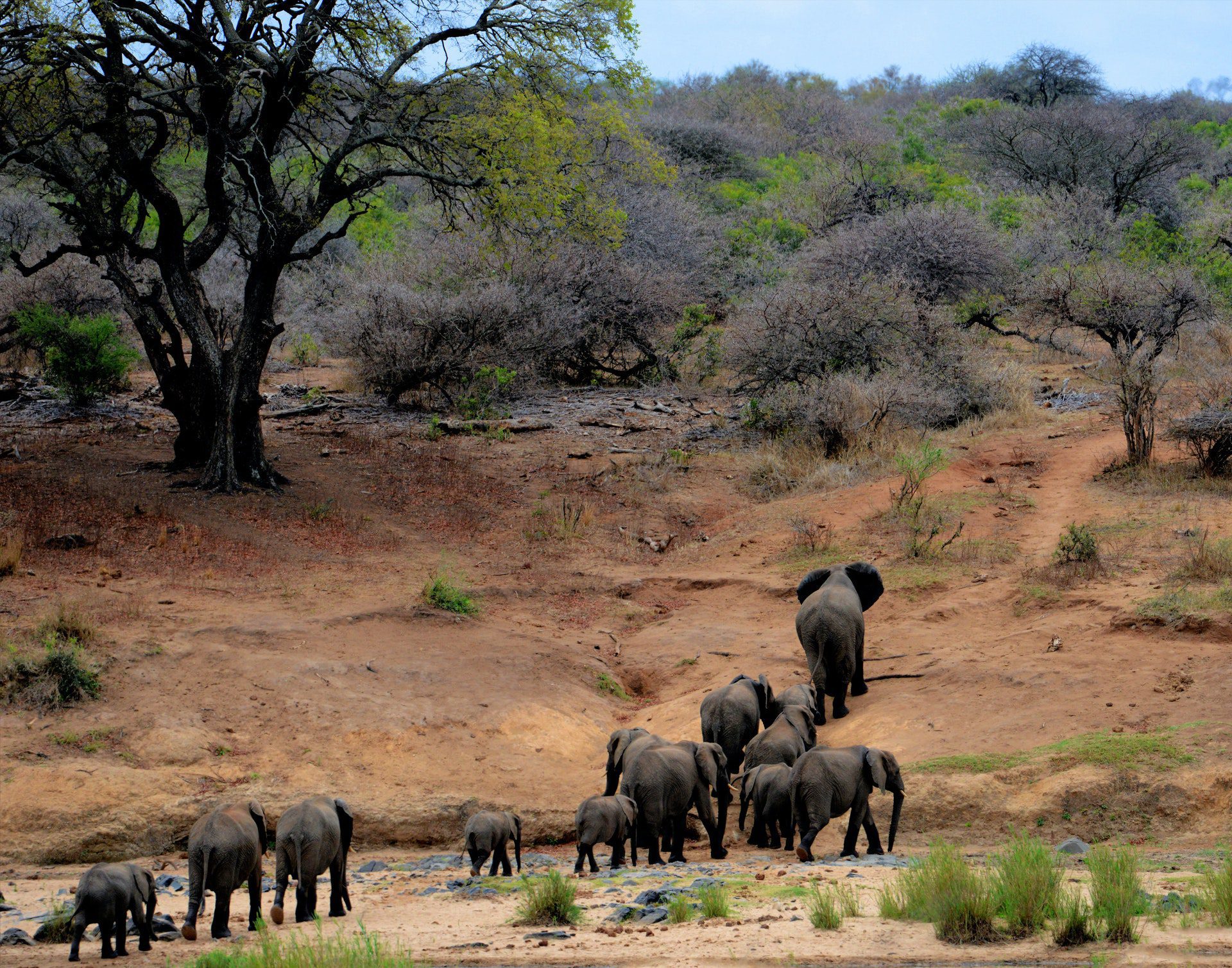
“In a civilized and cultivated country wild animals only continue to exist at all when preserved by sportsmen. The excellent people who protest against all hunting, and consider sportsmen as enemies of wild life, are ignorant of the fact that in reality the genuine sportsman is by all odds the most important factor in keeping the larger and more valuable wild creatures from total extermination.”
– Theodore Roosevelt
Benefits of Elephant Hunting

- A managed quota that allows for the hunting of a small percentage of elephant does not impact the total population.
- It provides meat to communities that are lacking protein in their diets. Providing meat makes the bushmeat trade redundant, thereby helping to save other species.
- Elephant hunting is not about the ivory trade. CITES agreements between participating countries control the ivory trade by enforcing international trading bans. CITES allows for the movement of ivory that is a result of sport hunting in countries with managed elephant herds.
- Hunting provides employment and an income to outfitters, professional hunters, trackers, skinners, camp staff and other staff linked to the “industry”.
- Elephant hunting brings money to communities who would otherwise see no benefit from the preservation of elephant, only the agricultural impact of the elephant on their livelihood.
While these arguments ARE valid, and they’re certainly important, they’ll probably never convince someone that elephant hunting is ok. How could the average person who drives to work in a car, buys meat at the supermarket, and sees elephants only at the circus or the zoo understand the first thing about elephant hunting? The only person that really needs to be sure of the ethics involved is you.
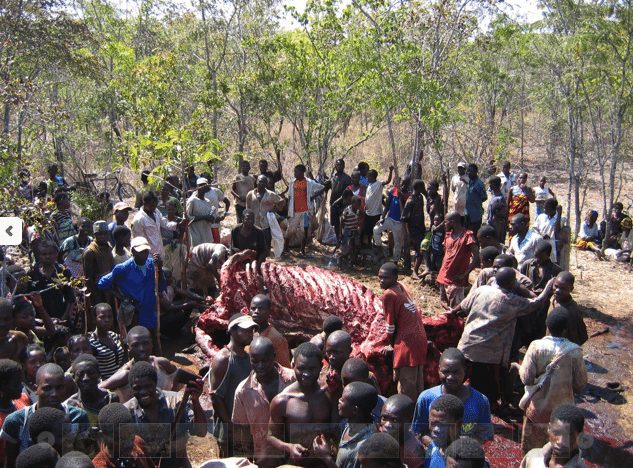
Elephant Conservation
Elephants are a keystone species as they have a HUGE impact on their environment, which includes savannas, forests, deserts, and marshes. Their only predators are lions, hyenas, and wild dogs, which usually only hunt the calves. Cows live in small family groups, led by a “matriarch,” her calves and possibly several related females with offspring. Sometimes, multiple family groups will come together to socialize. Bulls leave their family groups when they reach puberty and either live alone or with other males. Adult bulls mostly interact with family groups when looking for a mate and enter a state of increased testosterone and aggression known as musth.
Elephants can live up to 70 years in the wild.
They communicate by touch, sight, smell, and infrasound, and seismic communication over long distances. Elephants are very intelligent, and appear to have self-awareness and show empathy for dying or dead individuals of their kind.
They are a Vulnerable Species
African elephants are listed as vulnerable by the International Union for Conservation of Nature (IUCN). One of the biggest threats to elephant populations is the ivory trade, as the animals are poached for their ivory tusks. Other threats to wild elephants include habitat destruction and conflicts with local people.
Elephant hunting is one of the most misunderstood activities in the world.
The anti-hunting community would like you to believe the elephant is endangered and on the verge of extinction. Facts however paint a very different picture. There are in excess of 70,000 elephants in ONLY Zimbabwe today – nearly double the amount of elephants that the environment has the capacity to support, so elephant hunting safaris are an important conservation tool. Unfortunately, we are losing this battle in the courts. Anti-hunting organizations are slowly but surely shutting down elephant hunting opportunities.
Most of the places in Africa are never visited by photo tourists. It is leased or owned by safari operators and conservancies for hunting safaris. Typically an outfitter will purchase hunting rights from the government for a concession. Government game managers then assign him a “quota” of animals he is allowed to take yearly. The quota is based on population field surveys and is determined to be a sustainable off take that will not compromise the overall population. It is then up to the outfitter to market his concession and attract clients willing to pay for the right to hunt there.
This system gives resident animals a distinct value and hunting them will result in substantial economic benefits to support continued game management, national park operating costs, conservation programs and support of local communities. The safari operator also now has a vested interest in his resident animals and will support regular anti-poaching patrols to ensure healthy populations continue to exist.
What happens when there is no elephant hunting?
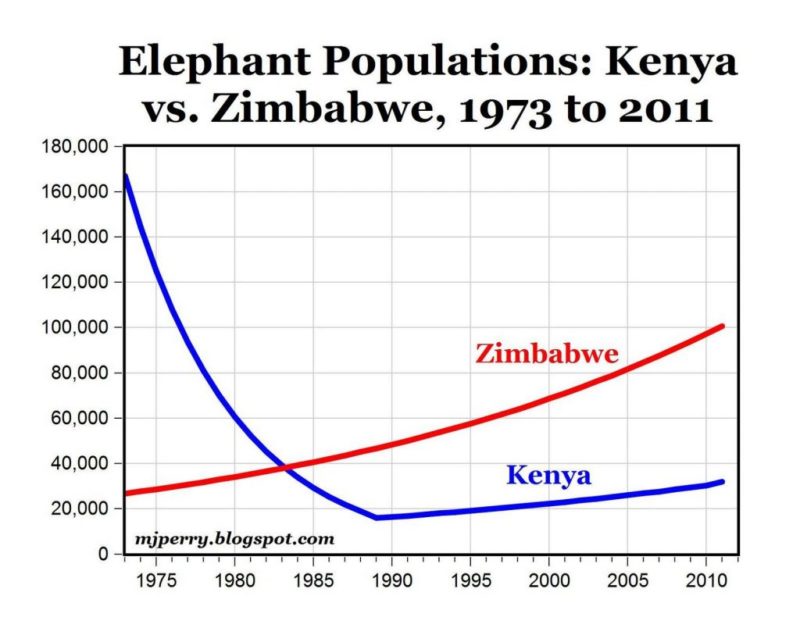 In this case, resident wildlife has no value to the local communities and there is no incentive to conserve them. The test case examining the results of hunting closures has been run time and again with consistent results.
In this case, resident wildlife has no value to the local communities and there is no incentive to conserve them. The test case examining the results of hunting closures has been run time and again with consistent results.
- Tanzania banned hunting from 1973 to 1978 and wildlife populations suffered.
- Zambia halted hunting from 2000 -2003 and poaching went rampant.
- Similarly, Kenya has banned hunting since 1977 with the result that wildlife populations outside of the park system have collapsed. Lion numbers have fallen from over 20,000 to now just 2,000 during this no-hunting period.
- Botswana has banned hunting and current field reports confirm significant increases in poaching.
Both the World Wildlife Fund (WWF) and the International Union for Conservation of Nature (IUCN) have long recognized that trophy hunting represents the wise and sustainable use of wildlife and can be consistent with and contribute to conservation, because the social and economic benefits derived from use of species can provide incentives for people to conserve them and their habitats.
Ask Us About a Hunt Request pricing and availability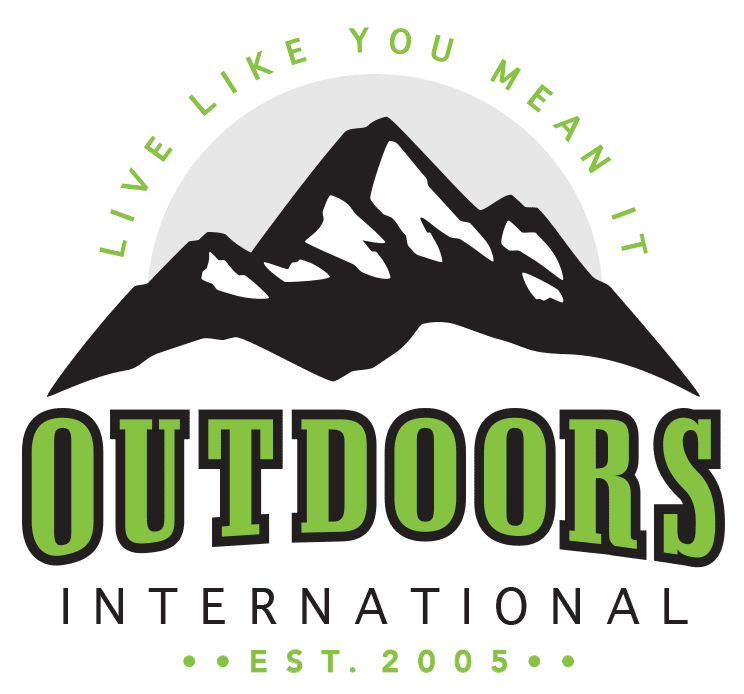
Discover why thousands of people have trusted Outdoors International to help plan their hunt.
Outdoors International has a team of hand-selected hunting experts to help you book your next hunt. Our job it is to help you in researching, booking and planning a great hunting trip with one of our amazing outfitter partners around the world.
My hunt was absolutely top notch.
The outfitter is a fantastic man and incredibly hard working and knowledgeable, there is no doubt he will do everything within his power to make peoples hunts successful and enjoyable. I plan to do it again with him next year for sure.
Wade Zuver
Our hunt was excellent.
We saw bucks every day along with all other sorts of wildlife. Mountain goats, bears, and foxes were common sights. Fishing and crabbing was special bonus. The food was excellent, the crew was amazing. Outdoors International did a great job of finding exactly what we were looking for.
Jesse Neveau
What an amazing experience!
The hunting lodge was out of this world!, Rooms, food and the scenery were all A+. Our guide was exceptional and had us on Shiras moose all five days. We saw over 30 total with at least 10 bulls. They had a plan for everything including taxidermy and game processing.
Kayla Redmon
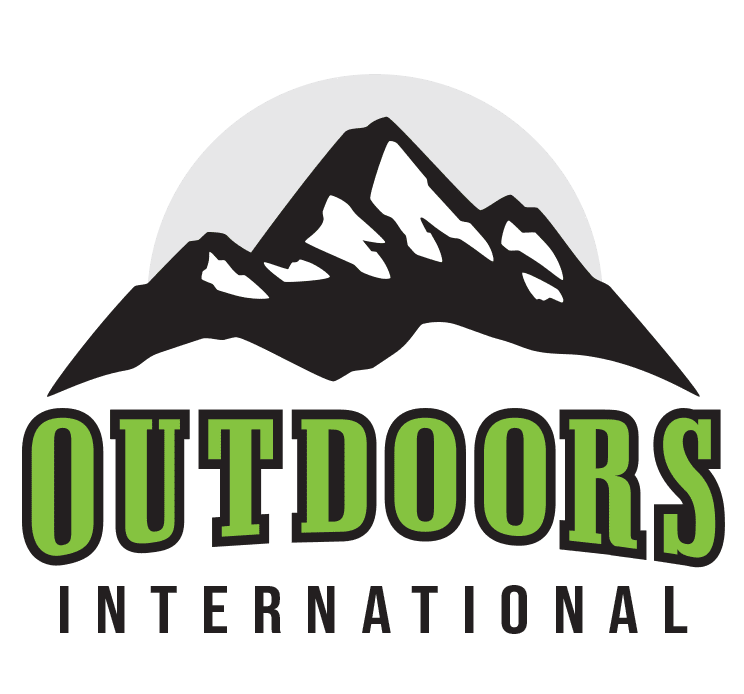
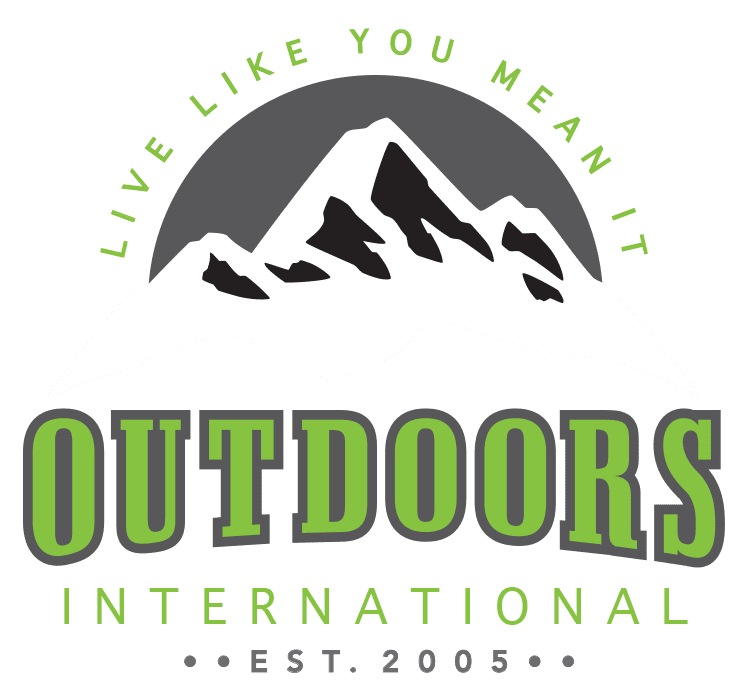
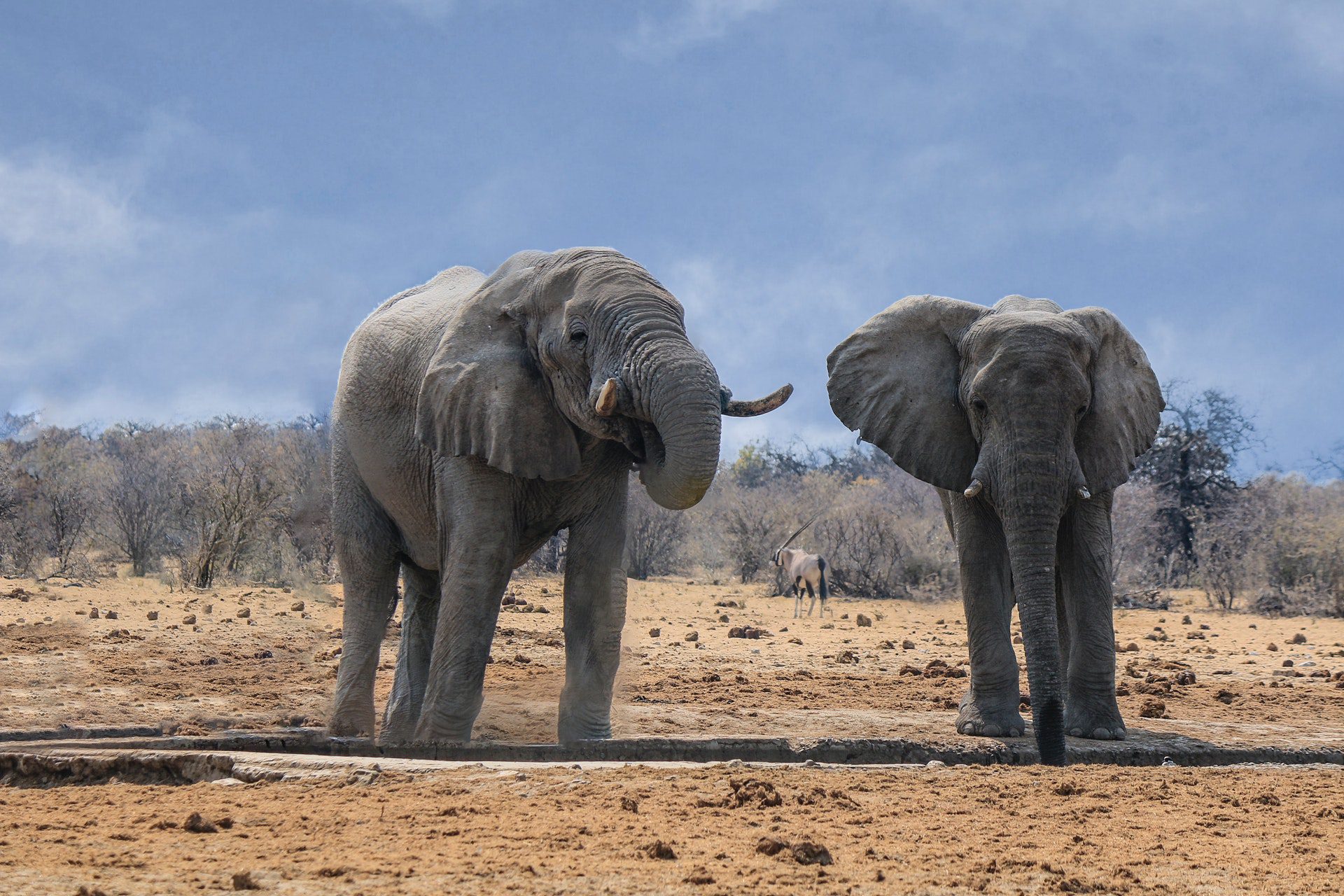
Pingback: African Lion Information | Outdoors International
Pingback: Wildlife 'WikiLeaks' targets poaching in Africa
Pingback: Road Rage African Style... Give Elephants the Right-Of-Way
Pingback: Hippo Facts, Conservation and Hunting Opportunities